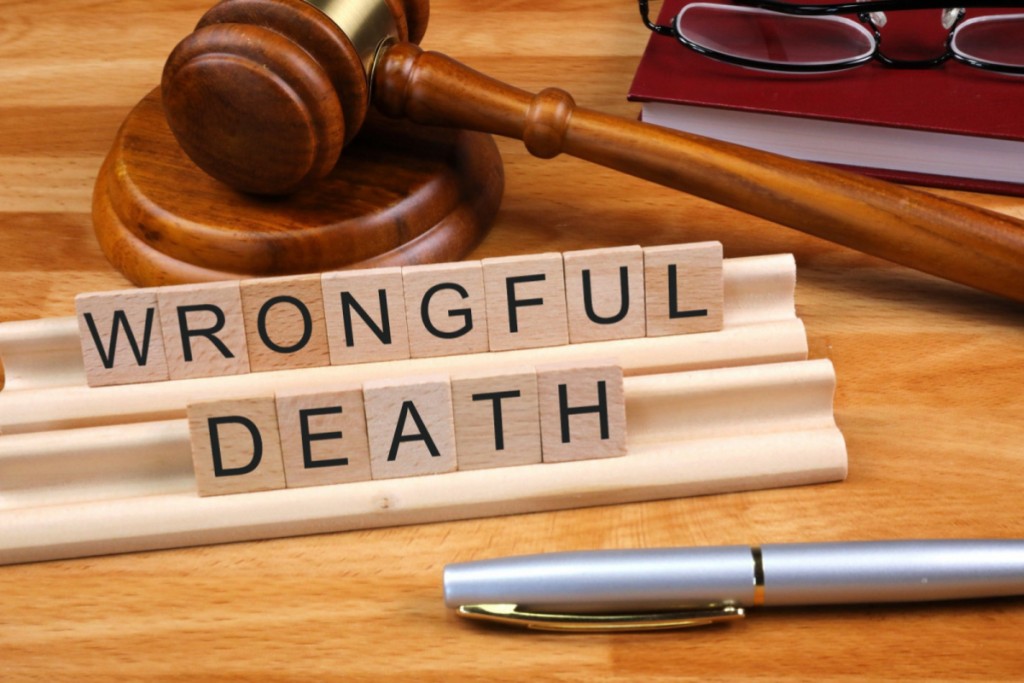Legal
The Damages You Can Claim in a Wrongful Death Case

Losing a loved one due to someone else’s negligence or intentional act is one of life’s greatest tragedies. During such a time, pursuing a lawsuit may feel overwhelming. However, securing legal representation for wrongful death cases can help ensure justice is served and the family receives rightful compensation.
What is a Wrongful Death Claim?
A wrongful death claim arises when an individual dies as a result of another person’s wrongful actions. This could include car accidents, medical malpractice, workplace incidents, or intentional harm. The claim is filed by surviving family members or the estate to recover damages caused by the loss.
Economic Damages
One category of damages recoverable in a wrongful death case is economic damages. These are the measurable financial losses resulting from the death. They include:
- Medical expenses incurred before the decedent passed away.
- Funeral and burial costs, which can be substantial.
- Loss of financial support the deceased would have provided. For example, if the decedent was the primary earner, the family can claim the estimated income they would have contributed throughout their working life.
- Loss of benefits, such as pension, health insurance, or retirement savings, if applicable.
Calculating economic damages often requires testimony from financial experts to project future earnings and the monetary value of lost benefits.
Non-Economic Damages
Non-economic damages compensate for intangible losses experienced by the family. They include:
- Loss of companionship and love that the deceased provided to their spouse, children, or other close family members.
- Loss of guidance and nurturing, especially relevant if the decedent had minor children.
- Emotional pain and suffering endured by surviving family members because of the death.
While these damages are harder to quantify, they hold significant weight in wrongful death cases because they reflect the deep personal loss suffered.
Punitive Damages
In some wrongful death cases, punitive damages may also be awarded. Unlike economic or non-economic damages, punitive damages are meant to punish the wrongdoer for particularly egregious behavior and deter similar conduct in the future.
These are usually awarded if the defendant’s actions were intentional, reckless, or grossly negligent, such as drunk driving resulting in a fatal crash. The availability of punitive damages varies by state, and there may be caps on the amount recoverable.
Who Can Claim These Damages?
Generally, the spouse, children, or parents of the deceased are eligible to claim damages. In some states, other dependents or individuals who suffer financial loss due to the death may also have standing to sue.
The specific rules regarding who can file vary by jurisdiction, so it is essential to consult with an attorney to understand your rights.
How Are Damages Calculated?
The calculation process involves evaluating several factors:
- The age and health of the deceased.
- Their occupation, income, and potential future earnings.
- The nature of their relationship with surviving family members.
- The life expectancy of both the deceased and the survivors.
Experts such as economists, vocational experts, and medical professionals may provide opinions to support damage calculations. Courts also consider the emotional and practical impacts of the loss on the family.
Why Legal Assistance is Crucial
Wrongful death cases are complex. Insurance companies often attempt to minimize payouts, arguing against certain damages or disputing liability altogether. An experienced wrongful death attorney will gather necessary evidence, hire the right experts, and build a strong case to maximize the compensation recoverable.
Final Thoughts
While no amount of money can replace a loved one, a wrongful death claim helps alleviate financial burdens and provides a sense of justice. If you have lost a family member due to another person’s negligence or misconduct, consult an attorney to understand your options and protect your family’s future.
















